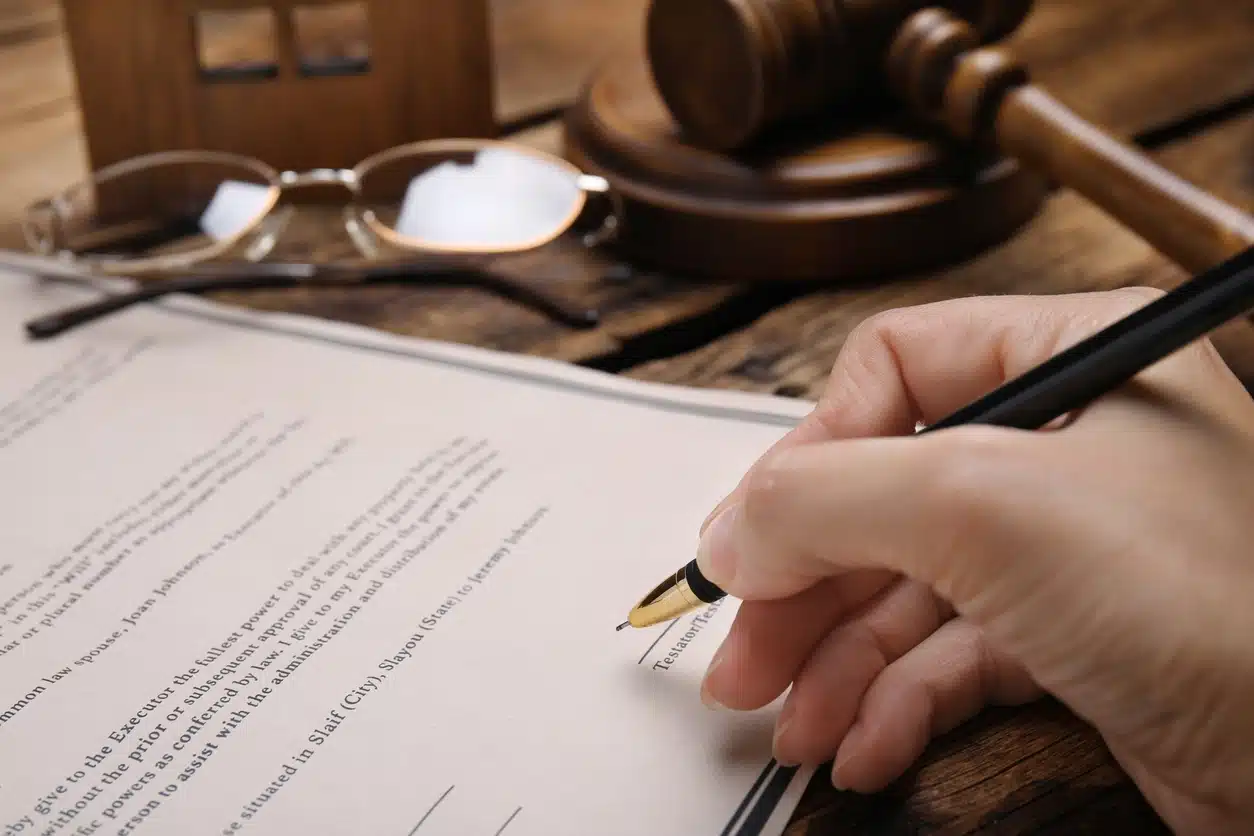Alternatives to Probate
At this point, you might be able to anticipate why many families in Texas seek alternatives to probate. Probate proceedings can be excruciatingly long and complicated. And they often cause unnecessary stress to the bereaved.
While not every estate will be eligible for an alternative to probate, options do exist for some who fit the eligibility criteria and are seeking a more timely method of settling a loved one’s estate.
While we have a variety of alternatives to probate outlined below, there may be other options available to your family that we haven’t listed here, and that may be a better fit with your specific estate planning needs. Hunter Sargent, PLLC can provide you with the knowledge and expertise needed to unlock a speedy and efficient estate settlement. Call us today at (940) 594-7754 or email us at hunter@dentonlegacy.com for a consultation.
Small Estate Affidavit
A small estate affidavit is a legal document designed to simplify the probate process for small estates, providing an alternative to a formal probate proceeding. This affidavit is typically used when the deceased person's assets fall below a certain threshold — typically $75,000.
Instead of going through the lengthy and formal probate process, heirs or beneficiaries can use the small estate affidavit to claim the assets left by the deceased. The document typically includes information about the deceased person, details of the estate's value, and a declaration that the estate qualifies for simplified probate procedures.
Transfer on Death Deed
A Transfer On Death Deed, often abbreviated as a TODD, is a legal instrument that allows property owners to designate a beneficiary who will inherit the property upon the owner's death without the need for probate.
With a TODD, the property owner retains full control and ownership rights over the property during their lifetime, but upon their death, the designated beneficiary automatically assumes ownership without the necessity of court involvement.
Transfer on death deeds are recognized in many states, including Texas, and are particularly useful for individuals who wish to simplify the transfer of real estate assets to their chosen heirs while avoiding the complexities associated with probate court.
Judicial Determination of Heirship
A judicial determination of heirship is a legal process used in situations where a deceased person has not left a will, and the heirs need a court order to officially establish their inheritance rights.
This process typically involves filing a petition with the probate court, requesting a judicial determination of who the legal heirs are and their respective shares in the deceased person's estate. The court will conduct hearings, review evidence, and may appoint an attorney ad litem to represent any unknown or unborn heirs.
Ultimately, the court issues an order officially determining the legal heirs and their respective entitlements to the estate. While you’ll need to work directly with the court during a judicial determination of heirship, the process will be much shorter than going through a typical probate process.
Muniment of Title
Muniment of title refers to a legal document that serves as evidence of ownership or entitlement to a property or asset, particularly in the context of probate proceedings. In the probate process, when an individual passes away, their estate often goes through a court-supervised administration to settle debts and distribute assets.
A muniment of title, in this context, typically refers to a document such as a will or a court order that establishes the deceased person's right to a particular property or asset. This document serves as a crucial piece of evidence, allowing the probate court to recognize and facilitate the transfer of ownership according to the deceased person's wishes as outlined in their will or as determined by the court,



